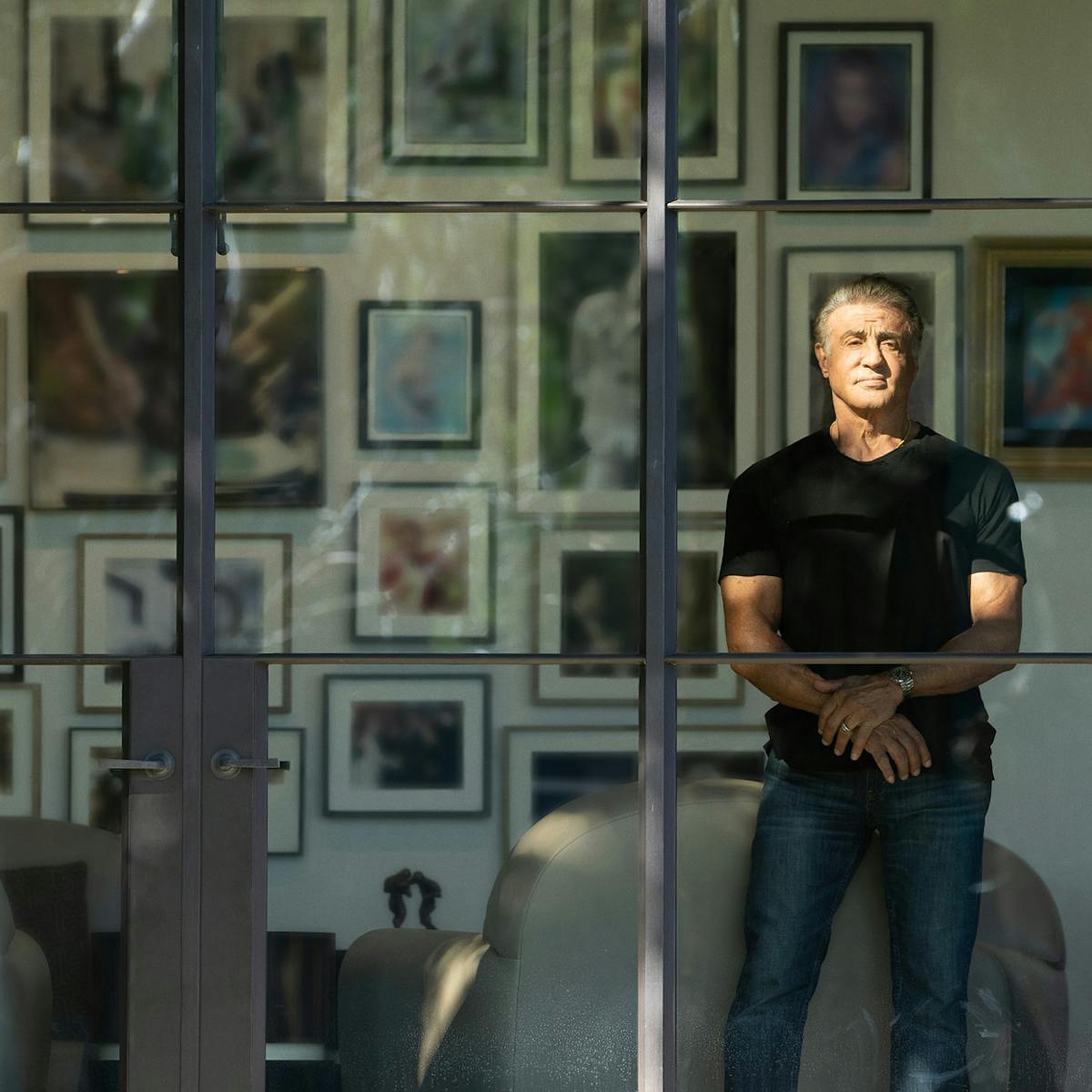The director looks to entertain and inform with his latest feature, Pain Hustlers.
As the director of Harry Potter and the Order of the Phoenix and subsequent Harry Potter sequels, as well as three Fantastic Beasts films, David Yates has delighted audiences operating in an alternate universe. But after 16 years navigating magic and monsters, Yates was eager to return to reality. “I’d been looking for a while for a contemporary story that felt both immediate and immersive and would take me back to my roots,” says the British filmmaker, who got his start with such timely political dramas as State of Play; Sex Traffic, which earned the BAFTA TV Award for Best Drama Serial; and the Emmy Award-winning The Girl in the Café. Once Pain Hustlers came along, he knew he’d found his next feature.
Based on the book Pain Hustlers: Crime and Punishment at an Opioid Startup by journalist Evan Hughes, Pain Hustlers explores the pharmaceutical industry, a world where opportunity and greed can sometimes go hand-in-hand. When single mother Liza Drake (Emily Blunt, who also produces the film) loses her job, she is desperate to find a way to make ends meet to support her family, including her ailing child. That desperation leads her to take a job at Zanna Therapeutics, a dubious company where she finds herself working alongside Pete Brenner (Chris Evans), a brash sales rep who will do whatever it takes to impress their boss, company founder Dr. Jack Neel (Andy Garcia). As Liza rises higher and higher at the company, convincing doctors and patients to rely on their new wonder-drug, Lonafen, the line between helping people and irrevocably harming them begins to blur.
Yates was immediately gripped by the material, and the unscrupulous side of the industry that it examines. “I was intrigued by the pharma world, particularly the low rent end of it, the workaday reps and sales teams striving to make a living in a hugely competitive business of dealing with people’s pain,” says Yates. “Our own health care system in the U.K. isn’t as defined by the profit motive as the American one, and that aspect of the story also fascinated me.”
Unpacking and uncovering a distinctly American problem, Yates, alongside actors Blunt and Evans, screenwriter Wells Tower, and the rest of the filmmaking team sought to tell a story that was as captivating as it was urgent. “We all felt compelled to bring this story to the screen,” says Yates. “Emily was inspired by the character and the world, and, along with Chris, shared our vision of realizing a film that was entertaining yet had some serious and thought-provoking things to say about the opioid crisis.”
Here, Yates walks through working with his starry ensemble, infusing drama with comedy, and the making of Pain Hustlers.

Brenner (Chris Evans), Neel (Andy Garcia), and Liza (Emily Blunt)
On finding the film’s unique tone
There were some other stories in this space, so from a very early point of development in the script, we said, “How are we going to be different? What are we going to say or explore that feels special and unique to all the things that have come before us?” We arrived at this more subversive tone. We tried to navigate it at the script stage first and foremost. It’s playful and one big party for the first half, and then it starts to mellow into something a little bit more somber and thoughtful in the second half. And the movie pretty much follows that roadmap.
On the power of the film’s executive producer-star Emily Blunt
[Emily] was a real cheerleader for the movie right from the very get-go. She was passionate about realizing Liza Drake as a character, but in that delicate journey of getting the final finance for the film, she was right there with us pulling it together. Emily was probably the most prepared actor I’ve ever worked with. She comes to set with a game plan every single day and knows exactly what she wants to explore in the architecture of the human being that she’s playing.
On working with Chris Evans
Casting Chris Evans was a delight because his clean-cut, alpha male, heroic demeanor is completely turned on its head when you cast him as a sleazebag pharma sales rep. I’d seen him do a couple of things that really surprised me previously. I love seeing an actor do something surprising. Chris is like an athlete. And I don’t just mean physically but in terms of his commitment to the role. He is on set first thing, and he’s very present, always driven, always wanting to do the best.

Liza (Emily Blunt)
On the inspiration for Blunt’s character
[Emily and I] were both drawn to a human being who’d been undervalued, underestimated, who’d missed all those opportunities, hadn’t done particularly well at school, but who was nonetheless incredibly capable. She’s hugely ambitious, and what she’s really looking for, I think, is validation and acceptance. I always thought this movie was ultimately a kind of parable of the American dream and what happens when it goes wrong.
On examining the American dream
The arc of Liza’s journey is the classic rags to riches one, but because she succeeds by navigating a particularly tricky moral maze, her rise is ultimately bittersweet. Money doesn’t bring security or safety or peace of mind. It yields the exact opposite by the end of her story because of her actions. Could any of us be tempted to follow that path? She lost control, and through her greed and desire to be valued, she hurt people, but by the end of our story, she knows within herself that she needs to be held to account. To me, that’s a simple but refreshingly important part of the story.
On infusing darkness with humor
Even in the most traumatic situations, humor somehow finds a way through, and it’s this remarkable release valve for people in challenging situations, and for audiences as well. For me, if you’re going to ask people to spend two or more hours watching what you’ve done, it’s imperative that you are able to entertain them. In this case, we’re entertaining them, but we’re also, I hope, moving them.




